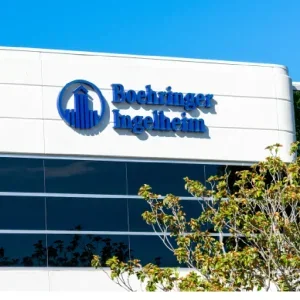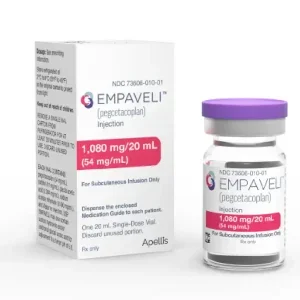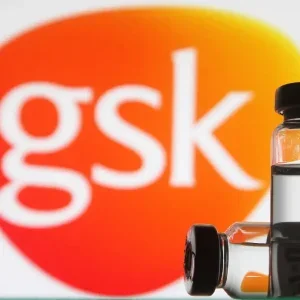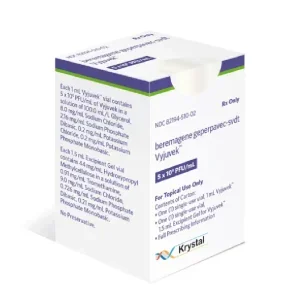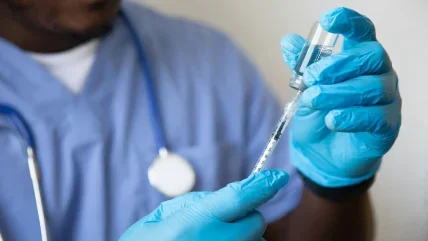
Novo Nordisk today announced headline results from a phase 2a clinical trial with monlunabant, a small molecule oral cannabinoid receptor 1 (CB1) inverse agonist. Monlunabant, formerly INV-202, was part of the acquisition of Inversago Pharmaceuticals Inc. announced in August 2023.
The trial investigated the efficacy and safety of a once-daily 10 mg, 20 mg and 50 mg dose of monlunabant compared to placebo on body weight after 16 weeks in 243 people with obesity and metabolic syndrome1. People were equally randomised among the four treatment arms.
From a baseline body weight of 110.1 kg, all doses of monlunabant achieved a statistically significant weight loss compared to placebo. After 16 weeks of treatment, people treated with a once-daily 10 mg dose of monlunabant achieved a weight loss of 7.1 kg compared to a reduction of 0.7 kg with placebo2. Limited additional weight loss was seen at higher doses of monlunabant.
In the trial, the most common adverse events were gastrointestinal, with the vast majority being mild to moderate and dose dependent. Reporting of mild to moderate neuropsychiatric side effects, primarily anxiety, irritability, and sleep disturbances, was more frequent and dose dependent with monlunabant compared to placebo. No serious adverse events were reported in relation to neuropsychiatric side effects.
“The phase 2a results indicate the weight-lowering potential of monlunabant and that further work is needed to determine the optimal dosing to balance safety and efficacy,” said Martin Holst Lange, executive vice president and head of Development at Novo Nordisk. “Obesity is a complex disease with a significant unmet need, and as an oral small molecule having a new mechanism of action, monlunabant is one of the novel projects in our pipeline with the potential of treating obesity.”
Based on the results, Novo Nordisk expects to initiate a larger phase 2b trial in obesity to further investigate dosing and the safety profile of monlunabant over a longer duration in a global population. The phase 2b trial is expected to be initiated in 2025.


